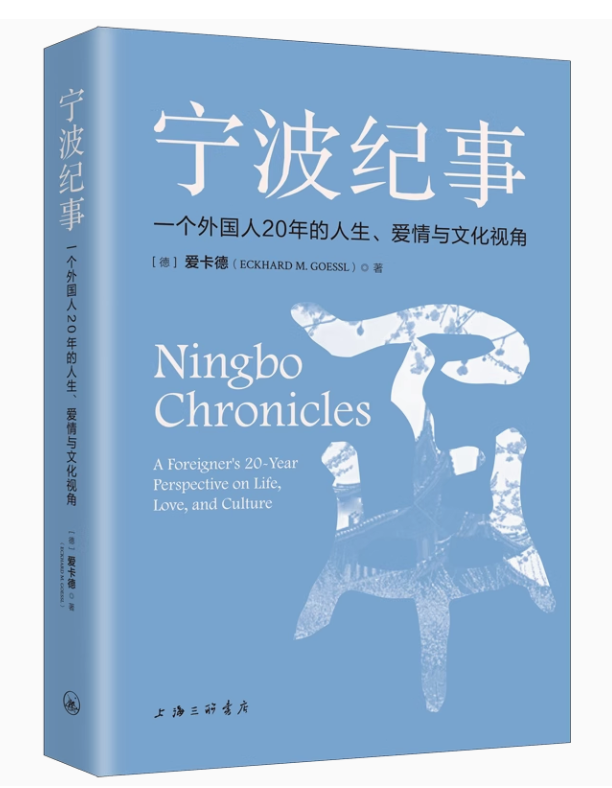- Details
-
Category: Ningbo News
-
Published: Monday, 17 December 2012 09:02
Ningbo has recently imported Netherlands cultivated hippeastrum for the first time through Ningbo Port. The flowers have passed the safety test carried by Ningbo Inspection and Quarantine Bureau. Currently, its sample has been cultivated separately from other seedlings in a local seedling nursery.
The import includes 15,256 mature hippeastrum bulbs and 52 species. This is Ningbo's first import of hippeastrum bulbs from the Netherlands. With the development of national economy, florists have to import flowers to meet the rising demand of customers. China has seen a rising flower imports for both indoor and outdoor decoration. Ningbo Port imported 6.5 million or 14 batches of Dutch bulbs (mainly lily bulbs and tulip bulbs), worth US$1.8 million.
Hippeastrum is a bulbous plant in the family of Amaryllidaceae. Most Hippeastrum bulbs are between 5 to10 cm in diameter. It has more species and colors than tulips and hyacinth. Depending on the species, it bears large flowers even better than Lily and is thus loved by local consumers.
- Details
-
Category: Ningbo News
-
Published: Monday, 17 December 2012 09:00
The Seventh Ningbo Academic Conference was held in Ningbo last Friday. Liu Renhuai, the academician from Chinese Academy of Engineering, participated in the conference and gave a report titled "Innovation Drives the Green Development of Ningbo."
In the conference, Liu Renhuai elaborated the importance of innovation for national development and social progress. He said that China's economy has achieved rapid development in the past 30 years since the reform and opening up. China is producing 70 percent of the shoes and toys, 50 percent of the mobile phones, 50 percent of the air-conditioners, and 40 percent of textile products in the world.
"We are already a giant in manufacturing industry, but not yet in innovation." Liu Renhuai believed that China, to a certain extent, achieved its economic development at the price of its environment, which has triggered a series of problems. In this regard, Liu Renhuai said a low-carbon economy and energy conservation is in need. China has to change from a "manufacturing giant" to an "innovation giant".
Liu Renhuai said that technological innovation plays a crucial role in accelerating the transformation of economic development mode. "We stressed the importance of university-industry collaboration in the past. Now we should also seek government involvement and support from financial institutions," said Liu. The university-industry collaboration did not achieve notable success in the past because we lacked the active support form government and financial institutions. Currently, the key to such cooperation lies in the improvement of the organizational and operation modes.
Liu said that the government shall create a good environment for technological innovation by issuing more favorable policies for the enterprises, universities, and researchers. Moreover, the government should apply technological innovations to enterprises with priority. It should increase its funding in science and technology innovation, rewarding certain companies and building innovation platforms. Besides, effective assessment should be made to promote such cooperation.
In the conference, Liu offered his suggestions on Ningbo's scientific development. He said that Ningbo is a city with the favorable location and good cultural and educational background. It has gained priority to develop economy since the reform and opening up. He suggested that Ningbo should seek "green" development by boosting low-carbon and resource conservation.










